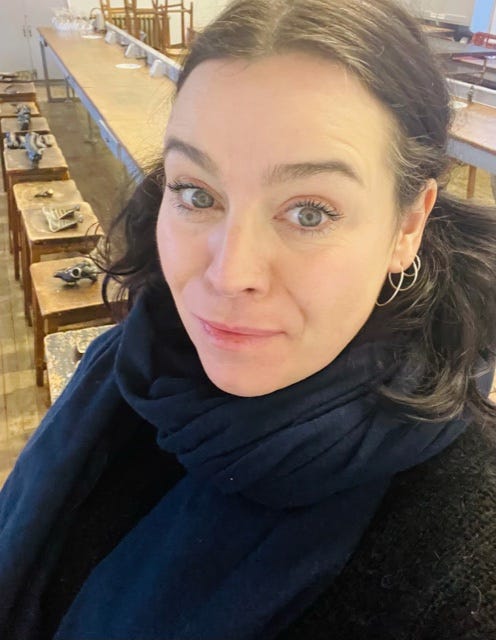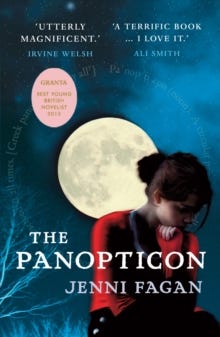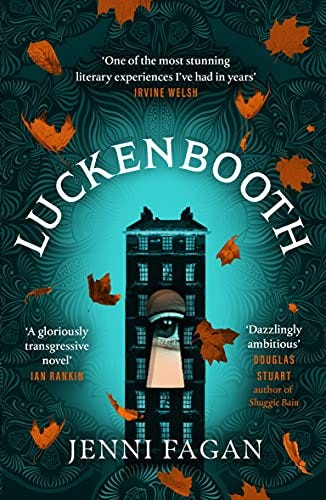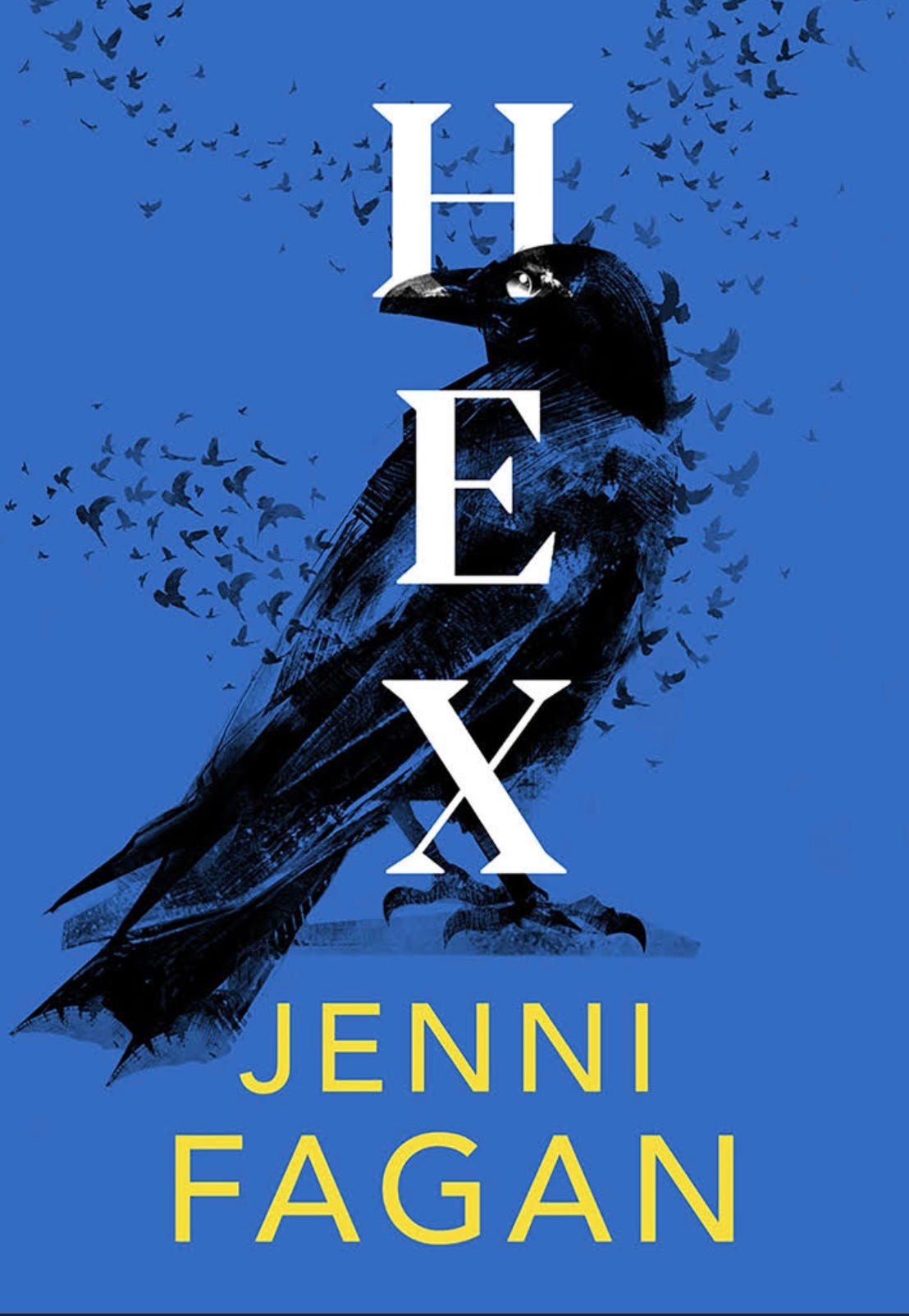On the Tenth Day of Christmas
Writing advice from one of my favourite writers of historical fiction
Here we are on day ten, have you found this series helpful? Myself and all the authors who have taken time to contribute would love to know.
Today’s mystery author is Jenni Fagan, author of one of my most favourite reads of both 2021, Luckenbooth, and 2022, Hex. She is also an award winning poet and screenwriter. When her debut novel The Panopticon was published, she was declared Granta Best of Young British Novelist and her first two novels appeared on the cover of the New York Times Book Review, who described her as ‘the patron saint of literary street urchins’. What an accolade. She achieved all this despite growing up in local authority care and experiencing years of homelessness. She is one of my favourite writers and an inspiration. I am honoured that she is sharing her thoughts with you today. I hope you find her writing advice as inspiring as I do, and I really do urge you after reading to head to my website and acquaint yourself with her books.
“Write in all the forms. If one form is no good to you, it doesn't matter, there will still be something you can learn from it that will make you a better writer.
“I began writing plays to try and improve my dialogue skills. It was a four-year digression from beginning to write novels but I took everything I learned from that form into my first fiction novel and it was so much stronger for it.
“I began writing poetry, nearly forty years ago! As a little kid I had no goal other than the word. I wanted to see the word on the page, to try and tell a story (even in poetry), and I wanted to be able to go back and pick it up and read it again.
“My relationship has always been firstly with the words. That is the greatest part of my writing life and it is the only reason I keep doing it.
“I have written for radio, articles, film, theatre, television, daily journals for decades but what underpins everything for me is still poetry and now also, what I have learnt from writing novels.
“Every form you write in will teach you something useful. They are all particular and need a different skillset or approach.
“It stops you just reaching for the same tools each time. It allows you to bring rules (or lack of) from one piece, into another and still have a good chance of pulling it off. Don't stop at the first word if it isn't the right one. Don't stop on the first page just because you think it's no good. If you need to write it a hundred times to make it work, then do. Musicians don't play a piece once and think it's done (rarely) it will be the result of endless practise.
“Try and write for the sheer love of writing. Even when it is difficult, or you want to quit. Block the world out as much as possible.
“They can judge your work later and they will. Your job is with the page. You already have that. You don't need to wait for an agent, publisher, reader, your most important relationship is with the words. Write first. Write second. Write last. If you are in it for the words (not fame, fortune, approval, shoes, adoration, relationships, immortality) then you have the best part of writing life at your fingertips.
”









I am enjoying these! This reminder to keep the focus on words but also stay open by trying all forms is especially appreciated.